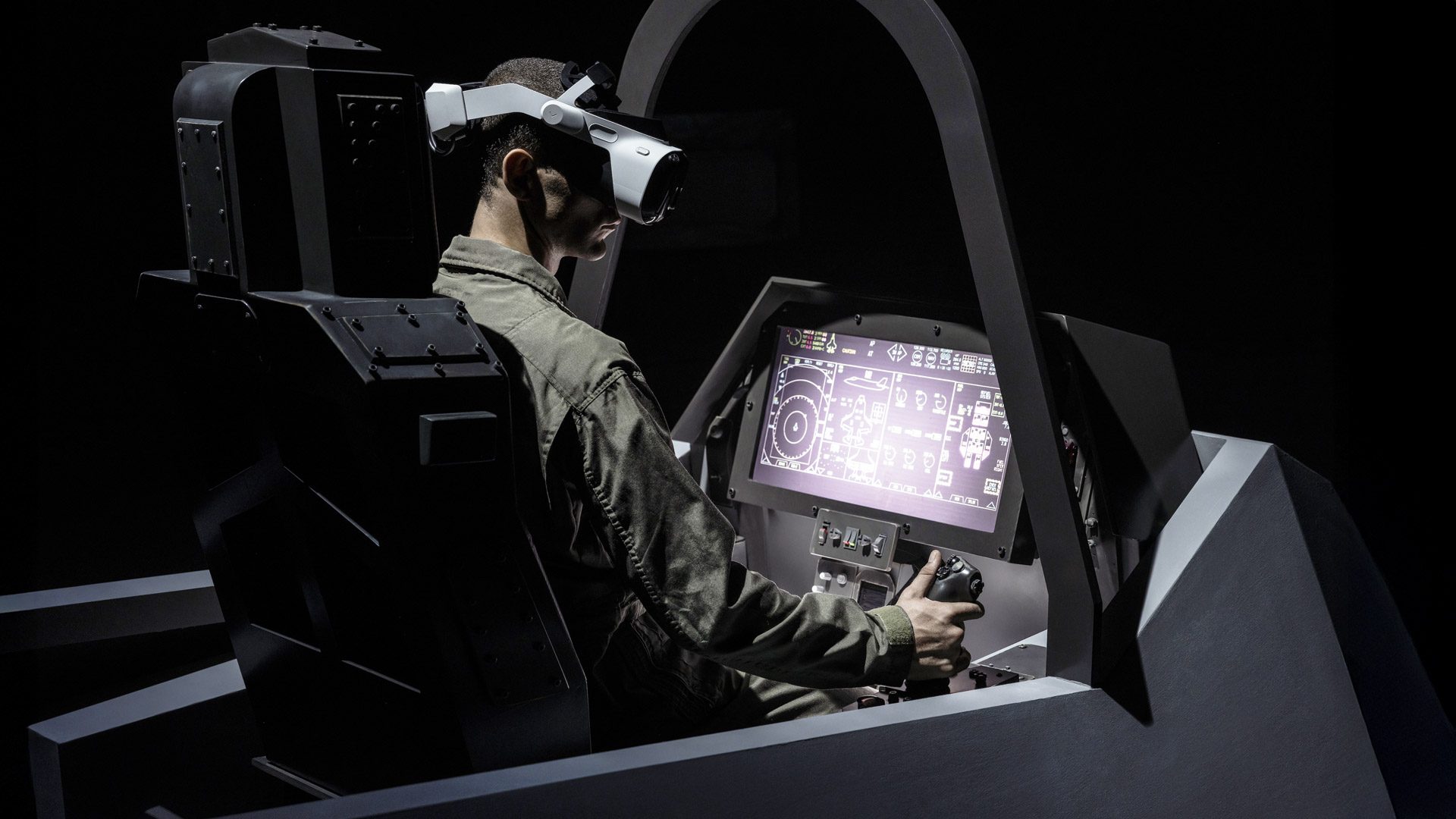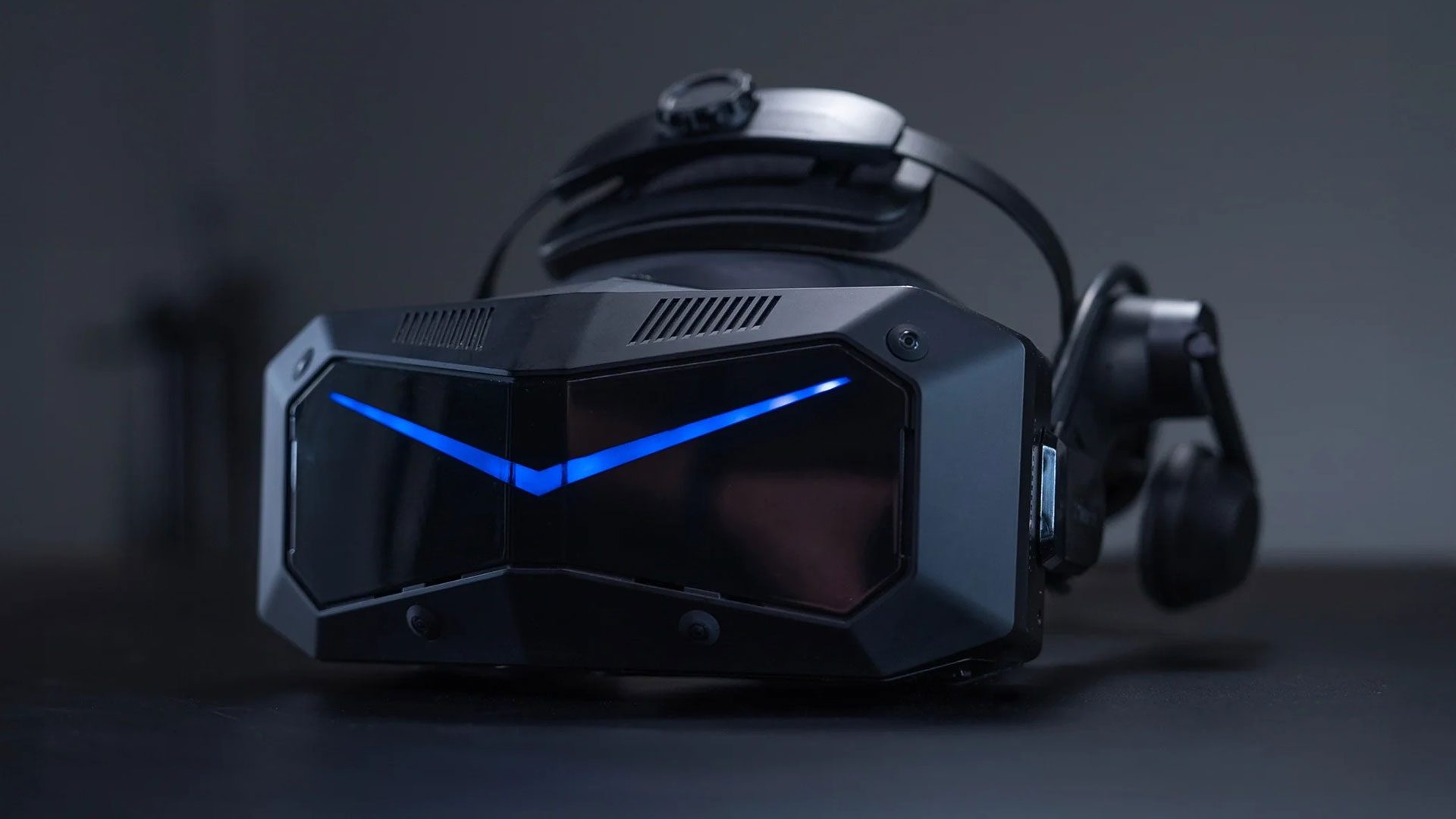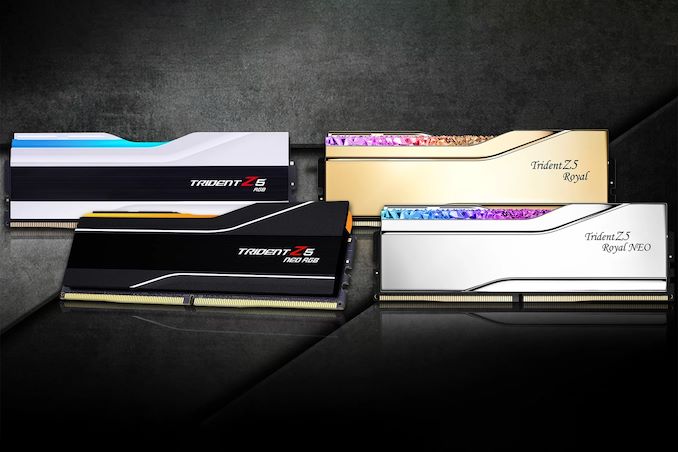ArborXR, a burgeoning startup that assists organizations in managing their AR and VR devices remotely, originally anticipated that enterprise customers would be the primary audience for these technologies. It appears their insight was spot on. This past Tuesday, the company celebrated a milestone by securing $12 million in Series A funding aimed at enhancing and expanding its platform.
Driving this funding round are Mercury Fund and Cortado Ventures, with additional investments from Impact Venture Capital and Lewis & Clark Ventures. So far, ArborXR has raised more than $25 million in total.
While extended reality (XR), encompassing both AR and VR, hasn’t quite lived up to its consumer hype just yet, it’s gaining traction in the business world. Corporations like Adidas, Bank of America, Coca-Cola, Dell, Pfizer, Nike, and Walmart are already utilizing VR as part of their training programs, tailored for both hybrid and remote work setups.
However, managing a multitude of VR devices across global teams can be challenging for businesses, which is where ArborXR provides a crucial service. Their platform equips companies with tools to remotely manage these AR and VR devices, allowing app installations, controlling user access, and more—all from the comfort of a web app viewable on both Windows and Mac systems. This includes real-time monitoring of training progress, device health checks, user settings management, and limiting access or sending updates as necessary.
ArborXR also hosts a directory with over 600 app developers, offering enterprise-specific applications ready for download. In the educational sector, over 420 institutions utilize a version of ArborXR’s platform to manage countless devices, ensuring seamless access to digital learning tools.
Brad Scoggin, ArborXR’s CEO and co-founder, shared with TechCrunch, “It’s important to understand that the quiet adoption of XR in enterprise, healthcare, and education is happening now. This isn’t just about big names like Meta, Apple, Qualcomm, or Google, although they do play a role. It’s about a transformative change in learning methodologies, catalyzed by VR.”
Since the company’s beginnings in 2020, ArborXR has focused on enterprise clients, a strategy that has proven effective. With over 3,000 key businesses, including Bank of America, Delta, Pfizer, Qualcomm, UPS, and Walmart, using its services, the company’s clientele tripled over the past year alone. They anticipate that the new funding will help match the surging demand for their platform.
Scoggin, alongside co-founders Will Stackable and Jordan Williams, embarked on their entrepreneurial journey with a VR arcade named UpwardVR back in 2017. They then introduced SpringboardVR, a software platform for VR device management, which attracted Vertigo Games’ attention and was acquired by them in 2021. The lessons learned through SpringboardVR set the stage for ArborXR’s launch.
“Our ultimate goal?” said Stackable. “To have XR revolutionize learning and work environments. From pilots honing their skills through home-based simulations to surgeons rehearsing intricate procedures without risks, and students gaining access to world-class education regardless of their location. Picture a rural kid exploring the Louvre virtually or a med student refining a surgical technique. XR’s potential lies in maximizing productivity, freeing up time for life’s real experiences. We’re working towards making XR a formidable tool, not a digital escape.”
In the quickly growing landscape of VR device management, ArborXR faces few competitors like ManageXR and Omnissa’s Workspace One UEM. Apple also offers enterprise solutions for its Vision Pro. ArborXR, however, aims to stand out with more affordable pricing and an intuitive user experience.
The company’s pricing strategy includes three subscription plans: “Starter” at $7 per device monthly for small enterprises, “Essential” at $10 per device for medium entities, and “Enterprise” at $13 for larger enterprises, with a 30-day free trial available.
Supporting an array of devices, ArborXR caters to Apple Vision Pro, DPVR headsets, HTC Vive, Lenovo VRX, Meta Quest, Pico devices, and AR glasses like DigiLens, Magic Leap 2, Vuzix, and RealWear.













































